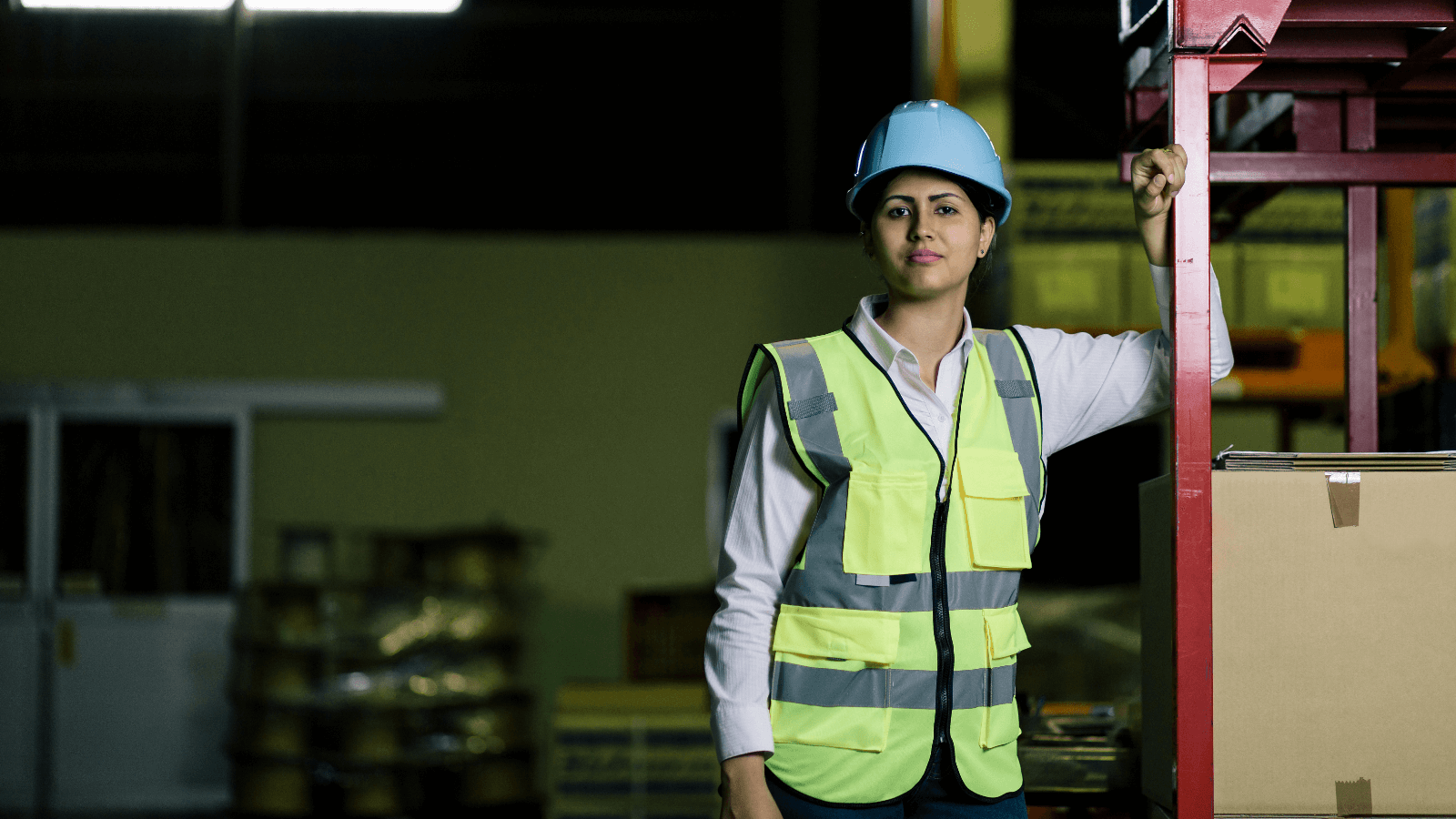As we celebrate National Safety Week (from 4th to 10th March) & International Women’s Day (on March 8th), it is time to reflect on the challenges women face in the workplace with something as rudimentary yet non negotiable as workplace safety. Women have traditionally been confined to conventional roles, which has prevented them from realizing their full potential. However, there has been a shift towards more women joining the workforce, and they will play a critical role in India’s growth story. According to a study by McKinsey, advancing women’s equality in India could increase GDP by $770 billion by 2025.
Despite the increasing number of women in the workforce, women’s participation in the male-dominated manufacturing sector remains low. In 2019-20, of the 8 million workers employed in India’s formal manufacturing industries, only 1.6 million (19.7%) were women(2). This highlights the need to encourage more women to consider manufacturing a viable career option. The manufacturing sector has the potential to empower women economically and socially, but this can only happen if they are safe at work.
Unsafe and Unheard: Women’s Struggle for Safety in Manufacturing Facilities
Despite making strides in breaking gender barriers, women in the manufacturing sector face significant challenges. Safety is a primary concern for women working in these facilities. Unfortunately, they are often subject to sexual harassment, discrimination, and violence. In many cases, these facilities may not have sufficient training programs, safety equipment, or procedures to ensure women can operate safely. This can lead to severe injuries and create a sense of insecurity among women.
The effects of these challenges extend beyond physical safety, impacting women’s mental health and overall well-being. It is crucial to prioritize safety measures and address these issues to create a safer and more inclusive work environment for women in manufacturing.
Breaking Barriers: India’s Fight for Gender Equality in Manufacturing
Recognizing the challenges faced by women in manufacturing, the Indian government has implemented measures to ensure their safety. For example, the Sexual Harassment of Women at Work Place (Prevention, Prohibition and Redressal) Act, 2013 (POSH Act) mandates the creation of committees to investigate complaints of sexual harassment and requires companies to provide a safe working environment for women. Alongside this, the Ministry of Women and Child Development has launched initiatives promoting gender equality in the workplace.
But it’s more than just the government taking action. Private sector companies are also implementing measures to ensure women’s safety. Gender-sensitive policies such as sensitization workshops and mandatory employee training have been established alongside committees to address complaints of sexual harassment. These efforts have made manufacturing facilities safer and more welcoming for women, empowering them to pursue their careers confidently.
Manufacturing a Better World: Women’s Empowerment through Safety
Women are crucial to the growth of India’s manufacturing sector, and their safety is vital to their success. While there have been significant challenges, positive steps have been taken to ensure their safety. However, we must continue to work towards creating a safe and inclusive workplace for women in manufacturing facilities. At Moglix, we are committed to the cause of women’s safety in the workplace and offer comprehensive safety solutions (products & services) specifically crafted for women at workplace. Contact us today and partner with us to build a safer environment for women.




